Dropping a vote into a ballot box during elections has been pretty much the way to participate in democracy, since the days horse carriages were the main form of transportation.
Today, technology has revolutionized transportation and access to knowledge among other things – to the point that it is possible to take part in a wedding held in the metaverse.
“It’s a high time to update the tools of democracy for a change”, Sitra’s Leading Specialist Joonas Leppänen says smirking.
Leppänen is leading one of Sitra’s democracy pilots, where the use of a digital platform called Polis is explored, in the quest to update the tools of democracy to the 21st century.
Polis is an open-source platform developed by the US non-profit Computational Democracy Project. It enables large groups of people to have a constructive discussion on a chosen topic and analyzes the views of the participants in real-time, emphasizing agreements over disagreements. It can be used to gather and make sense of the diverse opinions of large groups of people.
“Unlike contemporary social media, Polis is a tool designed to find consensus among different opinions. This is why it suits so well for improving participation in political decision-making”, says Leppänen.
Darshana Nayaranan, Founding Team Member of the organization behind Polis adds:
“We see again and again that the process of including more people in the deliberative discussion brings out a more nuanced understanding of both our differences and commonalities. When governments act on this information, they can make decisions which ultimately work better for everyone.”
Finland’s first Polis pilots tackle questions of health care and social services
The first trials with Polis in Finland are implemented with welfare service counties. The counties form a newly established level of Finnish administration, responsible for organizing public healthcare, social and rescue services.
With Sitra’s support, five counties have started piloting with Polis, encouraging Finnish people to share their views and suggestions about mental health services or elderly care, for instance.
“We want to create new ways that enable people to take part in local politics also between elections. To do this, we are tying Polis into existing decision-making procedures. Quite often new innovations for democracy are piloted as singular tests which are not connected to existing representative bodies”, says Leppänen.
Moreover, Sitra plans to take it further with Polis. A trial of nation-wide Polis discussion is under way. In addition, the aim is to institutionalize Polis and build a Finnish instance of it that is GDPR compliant. The source code of this version would be made public.
Sitra is also looking into the possibility to build a service model that would offer Polis as a ready-to-use platform for anyone in Finland interested in running a Polis-discussion. In this, Sitra is cooperating with DigiFinland, a company owned by the Finnish state and the welfare counties.
“Working closely with Sitra and DigiFinland, I feel optimistic that Polis will become deeply embedded in decision-making processes all across Finland—at local and national scales. If they succeed, Finland will become the first nation after Taiwan to incorporate Polis nationwide”, says Nayaranan.
The world’s happiest country reshaping democracy?
Finland is known for being named the happiest country in the world for six times in a row. Moreover, the country is regularly seen at the top of international democracy indexes. Given this, someone might wonder is there a need to develop public participation in the first place.
“There is a phenomenon called the paradox of Finnish participation”, starts Leppänen.
“Usually high trust towards institutions correlates with a solid belief in the ability to particpiate and influence decision-making. In Finland, however, people still trust institutions, but at same time feel that they can’t influence them.”
In addition to the erosion seen in the wellbeing of Finnish democracy, the need to update user interfaces of democratic decision-making is an international phenomenon.
“Authoritarian societies are getting stronger globally and are using billions of dollars in tech that is aimed to weaken democratic systems. We haven’t yet seen the democratic world to step up and utilize digital innovation enough to update democracy”, Leppänen argues.
Sitra is part of the Finnish coalition taking part in President Joe Bidens initiative, Summit4Democracy, and its working group that aims to promote digital democracy.
Polis is taking over the world
The Polis platform has been utilized in different corners of the world, and by different kind of organizations, ranging from ministries and political parties to cities and UN programmes.
In Taiwan, Polis has been used extensively as a part of the vTaiwan process, which brings citizens and government together to deliberate and co-create national digital legislation. Use cases have ranged from the regulation of drones, Uber’s entry into the Taiwanese market, the online sale of alcohol, and non-consensual publication of intimate images, ie, “revenge porn”.
In Austria Polis has been used by the Citizens’ Climate Council, der Klimarat, under commission of the Parliament, to get citizen feedback around various climate action areas—mobility, food and land-use, production and consumption, housing, and energy.
In Germany, more than 33,000 people participated in a Polis conversation when the German political movement Aufstehen wanted to hear their members.
Executive Director of the Computational Democracy Project, Colin Megill sees the future as follows:
“Polis allows the public to make models of itself, for itself. What we are doing is building new systems to durably return political agency and agenda setting power to the public. I believe that this will not just transform the relationship between the public and those in power, but also bring alive the possibility of large-scale participatory democracy.”
“Where social media failed and seems to promote polarization and misunderstanding, I think polis can do the opposite”, sums Leppänen.
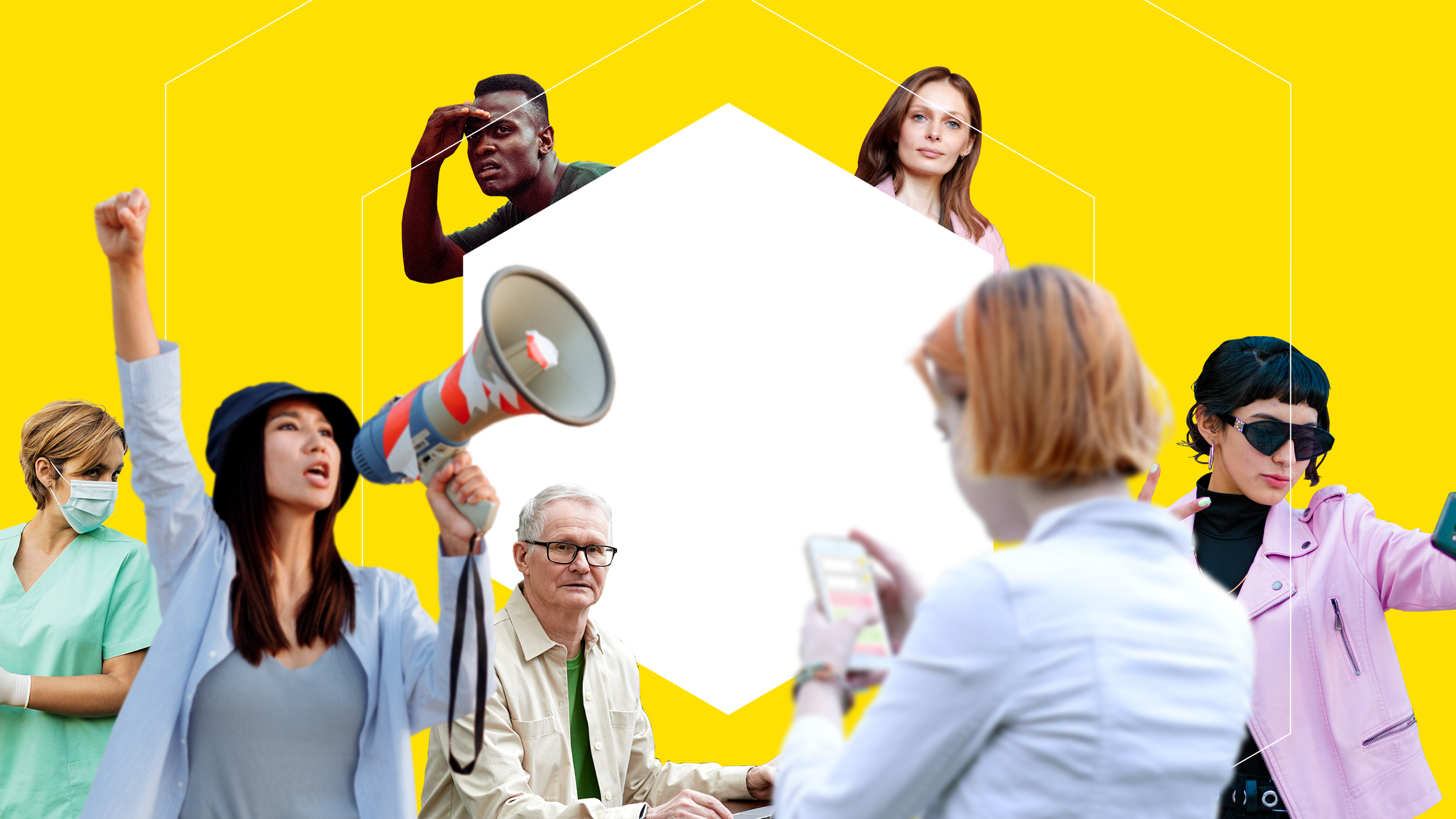


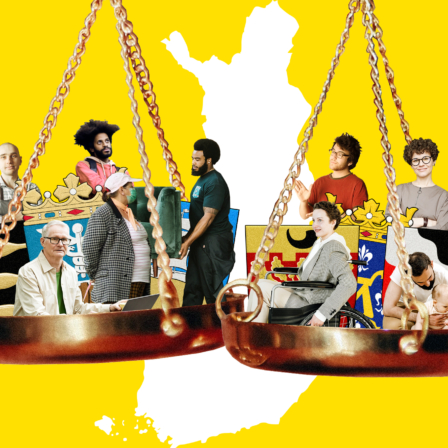
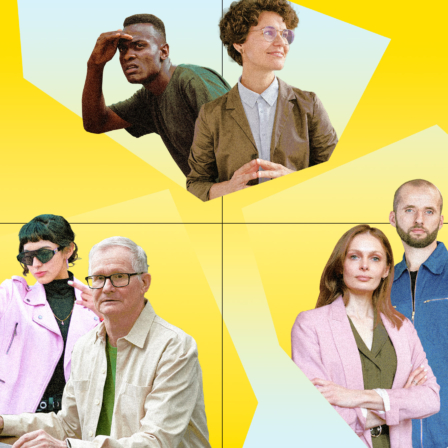
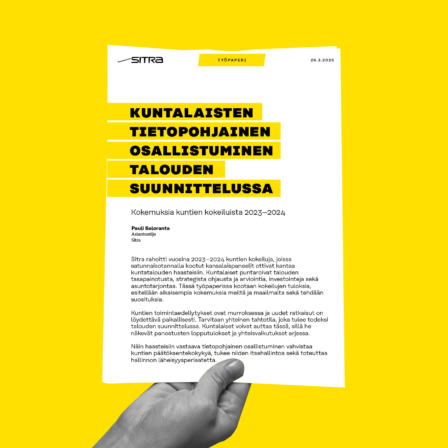
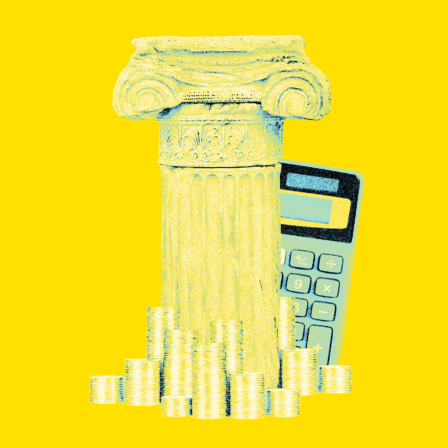
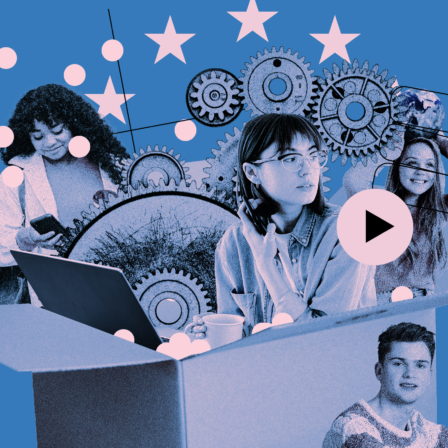
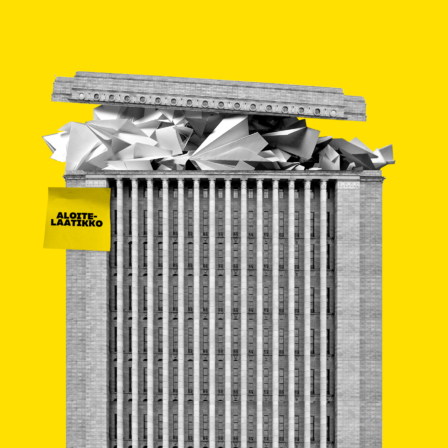

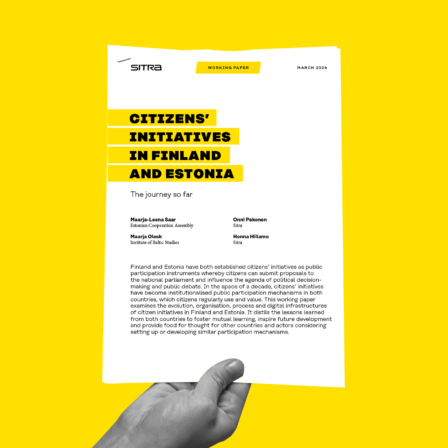
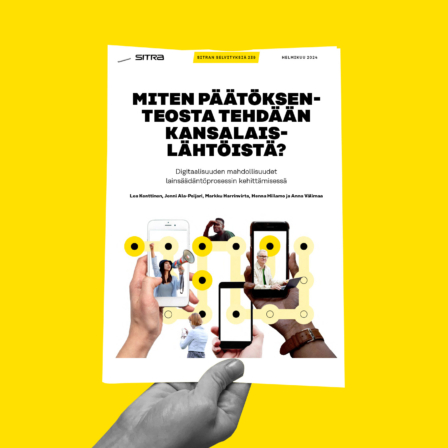
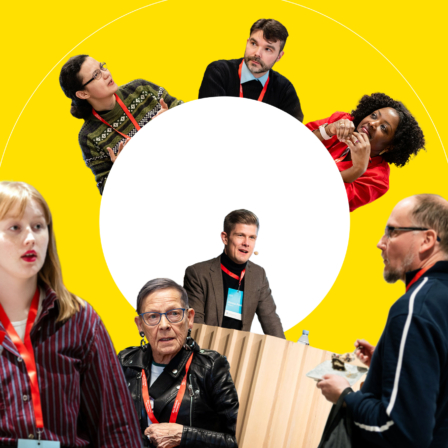
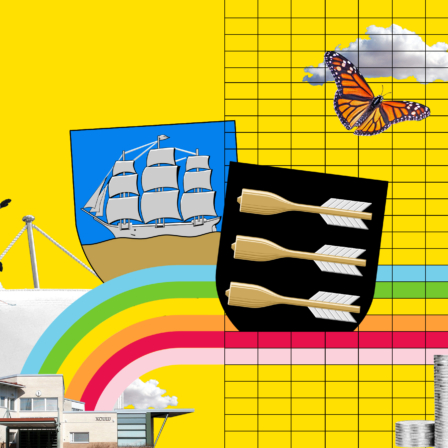
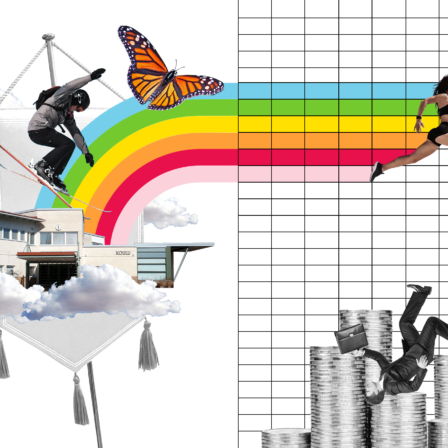

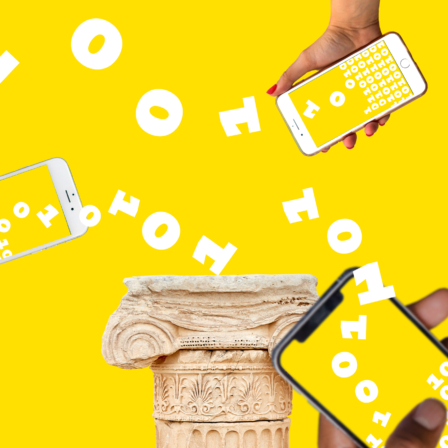
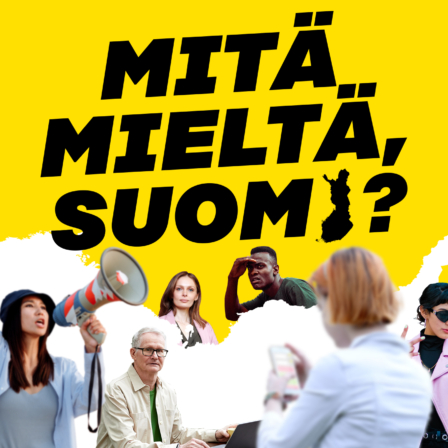
Recommended
Have some more.